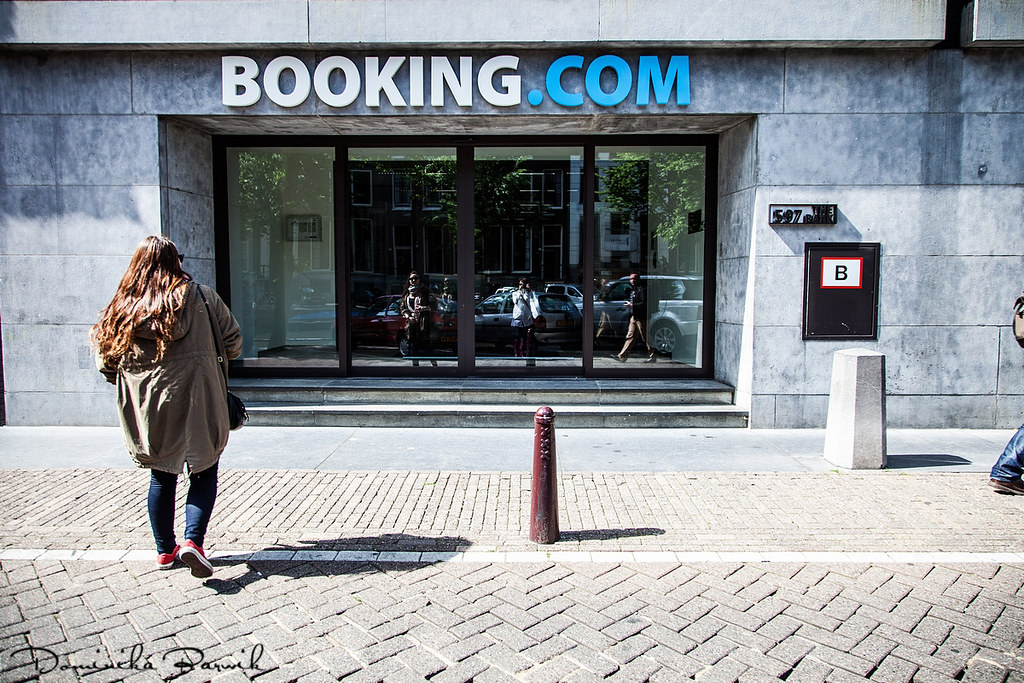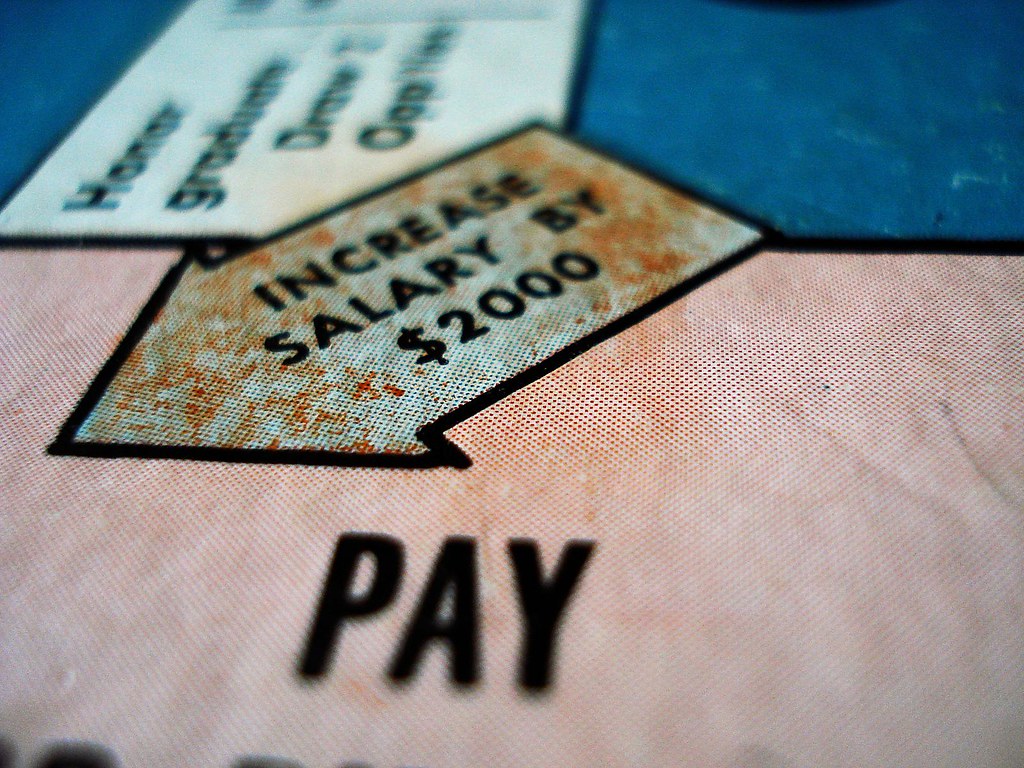The tales I could tell you about our adventures booking accommodations around the world! From the charming streets of Venice to the bustling city life of Tokyo, Booking.com has been our go-to for over a decade. It’s been a relationship built on trust, convenience, and the sheer joy of discovering new places. But, as with all good things, there comes a time for reevaluation, especially when something doesn’t sit right. This is the story of how our unwavering loyalty to Booking.com came under scrutiny, and why you might want to think twice before making your next booking.
The Rise and Appeal of booking.com
Start with a bit of a background on Booking.com. Born in the Netherlands in 1996, their mission statement was simple yet ambitious: “to make it easier to experience the world.” Not just any online travel agency, Booking.com prided itself on being an online booking engine, a digital marketplace bringing together travelers and property owners from all walks of life. Whether it was a luxurious hotel chain or a cozy mom-and-pop rental, Booking.com seemed to have it all. And for a long time, it felt like they did.
Booking.com has always catered to those of us who prefer to be our own travel agents. The allure of organizing our own itineraries, of diving deep into the logistics of our travels without relying on someone else, was irresistible. It’s been particularly invaluable for those long, multi-week adventures across continents, from the cobblestone streets of Europe to the vast landscapes of the South Pacific. But, as we ventured into less familiar territories, we started to see the cracks.
Using Booking.com has been, for the most part, a breeze. Their interface is intuitive, their search filters precise, and their maps, oh, their maps! They’ve been a godsend, providing context and alternatives we hadn’t even considered. Each booking felt like a promise of an adventure waiting to happen, neatly organized in our account, ready for us when the world beckoned. But here’s where our tale takes a turn.

The Challenges and Doubts
After years of seamless experiences, we encountered a snag. A legitimate negative review we had left, based on a less-than-ideal stay, vanished into thin air. Poof! Just like that, it was gone, leaving us to wonder about the integrity of the reviews we had come to rely on so heavily. Were we seeing the full picture, or just a carefully curated version? This incident was the catalyst that prompted us to dig deeper into Booking.com’s reviews, and what we found was unsettling.
The internet is awash with stories of poor customer service, accusations of fraud, and tales of scams. The COVID-19 pandemic seemed to exacerbate these issues, bringing them to the forefront. It was a far cry from the Booking.com we thought we knew. The more we read, the more we questioned our loyalty. Were we blindly putting our trust in a platform that might not have our best interests at heart?
Let’s talk about the good. Booking.com has been a time-saver, an organizer, and a provider of excellent information. Their hassle-free cancellation policies have saved us more than once. The convenience of having all our bookings in one place, the detailed confirmation pages, the ease of making changes or cancellations — these are the reasons we’ve stayed loyal for so long. But, as with any relationship, it’s important to acknowledge the bad and the ugly.

The disappearance of our negative review raised a red flag about the authenticity of Booking.com’s review system. How many other travelers have had their honest feedback removed? How can we trust a platform that appears to censor genuine customer experiences? This incident was a stark reminder that no platform is perfect, and that perhaps it’s time to diversify our booking strategies.
This isn’t a goodbye to Booking.com, but rather a wake-up call. A reminder that it’s okay to question and reevaluate the tools we use, especially when they play such a crucial role in our travels. It’s about finding a balance between convenience and authenticity, between trust and skepticism. So, here’s to the next adventure, wherever it may take us, with a little more caution and a lot more wisdom.
Related posts:
Is Booking.com Legit Or A Scam? A Long Time User’s Review
How to Delete Google Reviews (& What to Do If You Can’t)
FTC’s Endorsement Guides: What People Are Asking





